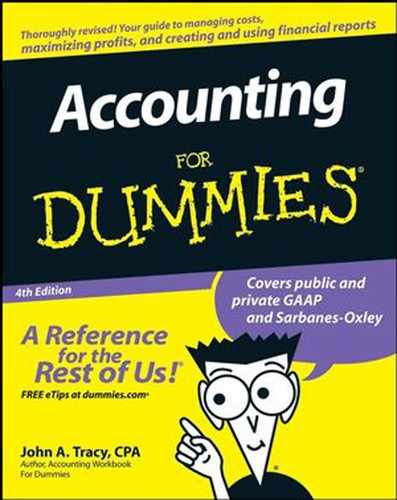17.9. Recognize the Risks of Restatement and Fraud
In 2007, the CEO of one of the Big Four global CPA firms testified before a blue-ribbon federal government panel on the state of auditing and financial reporting. He said that one out of every ten financial reports issued by public companies is revised and restated at a later time. If that's true, there's a 10 percent chance that the financial statements you're reading are not entirely correct and could be seriously misleading. An earlier study of financial restatements arrived at a much lower estimate. You'd think that the incidence of companies having to redo their financial reports would be extremely rare, but you see financial restatements with alarming regularity.
NOTE
When a business restates its original financial report and issues a new version, it does not make restitution for any losses that investors suffered by relying on the originally reported financial statements. In fact, few companies even say they're sorry when they put out revised financial statements. Generally, the language explaining financial restatements is legalistic and exculpatory. "We didn't do anything wrong" seems to be the underlying theme. This attitude is hard to swallow.
All too often the reason for the restatement is that someone later discovered that the original financial statements were based on fraudulent accounting. As I explain in Chapter 15, CPAs don't have a very good track record for discovering financial reporting fraud. What it comes down to is this: Investors take the risk that the information in financial statements they use in making decisions is subject to revision at a later time. I suppose you could go to the trouble of searching for a business that has never had to restate its financial statements, but there's always a first time, of course.
